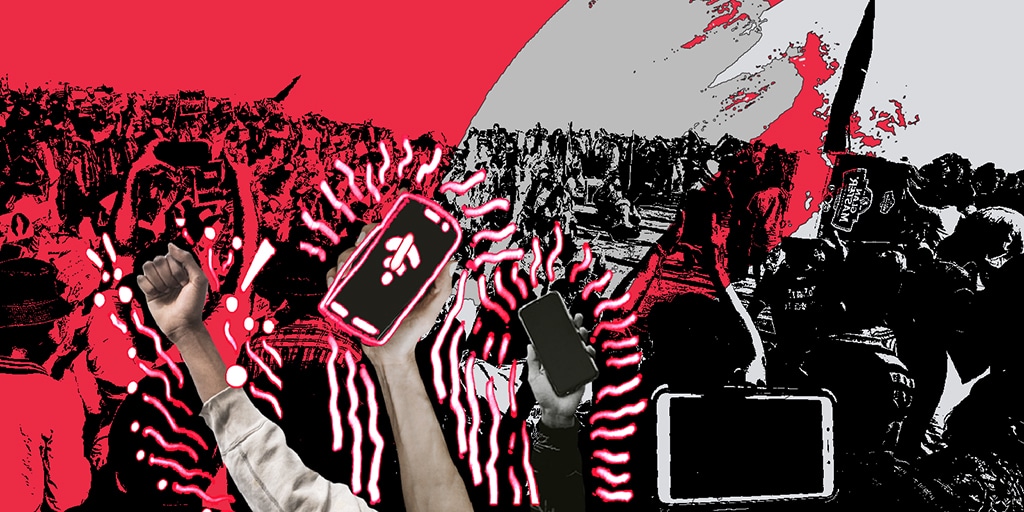Internet shutdowns are dangerous acts of digital authoritarianism. In 2021, authorities deliberately shut down the internet at least 182 times across 34 countries. This exposes a dramatic increase in the use of this oppressive form of control compared to 159 shutdowns recorded in 29 countries in 2020.
Launching today, April 28, Access Now’s new report, The return of digital authoritarianism: internet shutdowns in 2021, unpacks the data, trends, and stories behind a year’s worth of internet shutdowns. Read the full report and the global snapshot.
“Authorities shut down the internet to shut down democracy,” said Felicia Anthonio, #KeepItOn Campaign Manager at Access Now. “These vicious weapons of digital dictatorship were wielded at least 182 times in 2021, disrupting not only everyday life, but attacking critical moments in a nation’s epoch — during protests, wars, and elections. That’s 182 times a leader decided to deliberately silence a people instead of empowering them to speak.”
Governments exploited internet shutdowns in 2021 to exacerbate crises, inflame wars, crack down on dissent and protests, manipulate elections, and cover up atrocities. Key findings include:
- The biggest offenders: India shut down the internet at least 106 times — making it the world’s leading offender for the fourth consecutive year — Myanmar shut down the internet at least 15 times, and Sudan and Iran shut down the internet at least five times each;
- Governments hit the kill switch for the first time in seven new countries: Burkina Faso, Eswatini (formerly Swaziland), Niger, Palestine, Senegal, South Sudan, and Zambia;
- Authorities in Burkina Faso, Cuba, Chad, Eswatini, Iran, Jordan, Myanmar, Niger, Pakistan, Sudan, and many other countries disrupted or entirely cut connectivity during protests in 2021;
- Increasingly, internet shutdowns were initiated in active conflict zones, including in Gaza Strip, Myanmar, and Ethiopia’s Tigray region;
- There were seven election-related internet shutdowns in six countries, in Chad, The Republic of the Congo, Iran, Niger, Uganda, and Zambia; and
- Countries such as Benin, Iraq, and The Gambia, which had previously shut down the internet during key national events, kept access open during elections.
“Internet shutdowns and the rise of authoritarianism go hand-in-hand,” said Marianne Díaz Hernández, #KeepItOn Fellow at Access Now. “In 2021, governments across the globe proved how powerful blackouts can be as all-in-one tools to assert control over populations. But we — civil society, the tech industry, UN bodies — also proved how powerful people can be in resisting and fighting this unstable online despotism.”
Read the full report and the global snapshot.
